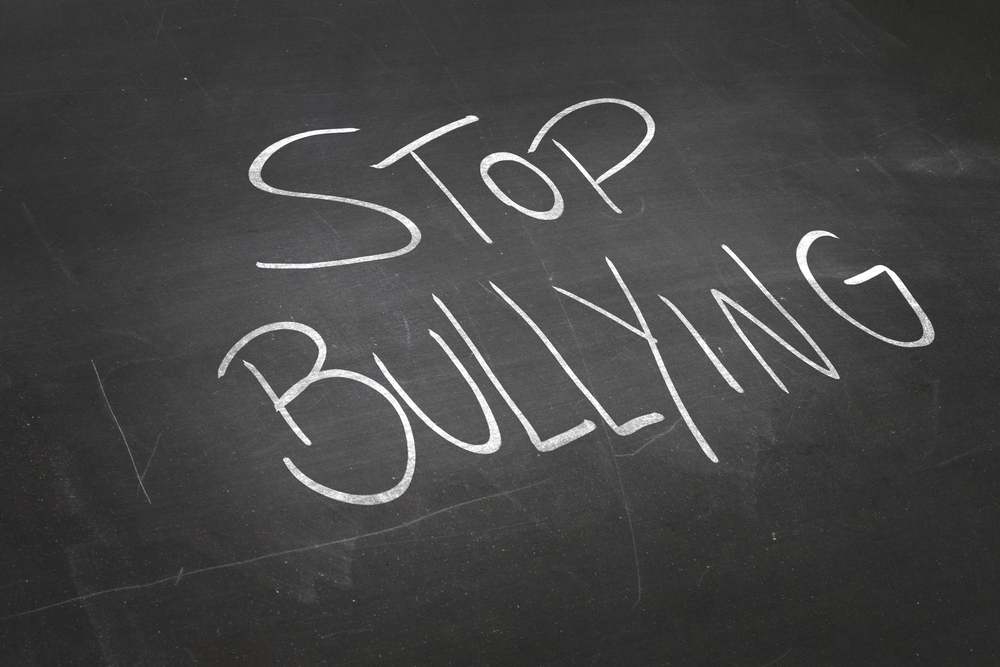Dealing with Childhood Bullying
Posted by May Recreation Content Team on

If you suspect your child is being bullied, it’s important that you intervene before long-lasting damage is done to your child. A child’s formative years need to be shaped by positive social experiences. Children who experience bullying sometimes end up experiencing social anxiety or depression. Later in life, it can be challenging for those adult individuals to build healthy relationships in light of ingrained traumatic memories.
Signs to Look Out For If Your Child is Being Bullied
It's common for children who are being bullied to display antisocial behavior, including difficulties communicating. If your child is unwilling to tell you about his day at school, or if she appears nervous or anxious when she talks about friends, then it is possible your kids are being bullied.
Another sign would be them unwilling to go to visit their friends, or going to their room and not wanting to come out. Bullying can even affect a child’s performance at school. If your child is struggling when he or she previously excelled in a particular subject, that could be another sign of bullying.
Types of Bullying
There are many forms of bullying, and they each have their own unique ways of inflicting damage on your youngster. Here are three to be especially aware of:
Emotional Bullying
Emotional bullying takes many forms. Often it occurs when a peer is left out or made fun of without actually being physically touched or harmed. This is the most common type and occurs to a large percentage of children at one time or another. Bullies will attempt to frame the narrative of why someone is inferior and encourage the rest of the peer group to believe it. Less subtle ways include outright insults and laughing at the victim.
Physical Bullying
Physical bullying may occur after emotional bullying has already occurred, and usually it's a confrontation after verbal insults have been exhausted. A bully will get physical to cement his believed power over the peer he has been bullying. Usually at this point, unless the victim fights back, peers will see the victims as weak, and they will lose social status. Unfortunately, physical bullying often results in altercations where both the victim and the bully suffer.
Online Bullying
These days, a lot of harassment comes in the form of online bullying. Comments and jabs at a child on a social media platform can slowly erode a child’s self-esteem. It’s much easier for bullies to frame a person as inferior over the internet, as well as to hide their own identity behind a computer screen.
Who Gets Bullied?
Anyone can technically be bullied. But a majority of bullying occurs to kids who are unwilling to conform to peer-group behavior or are unable to conform due to physiological differences. It's common for bullies to pick victims who are timid or weak and to test them before trying to gain social control over them. Bullies often do this because it makes them feel strong or they think it’s funny. Bullies are often able to succeed with harassment because they’re able to hide within a group and attempt to be the voice of its members.
If your child is exhibiting signs of bullying, seek professional counseling. Because of the nature of bullying, kids may feel too ashamed to openly talk about their experience with parents. Don’t sit back and let bullies harm your child’s self-esteem.

